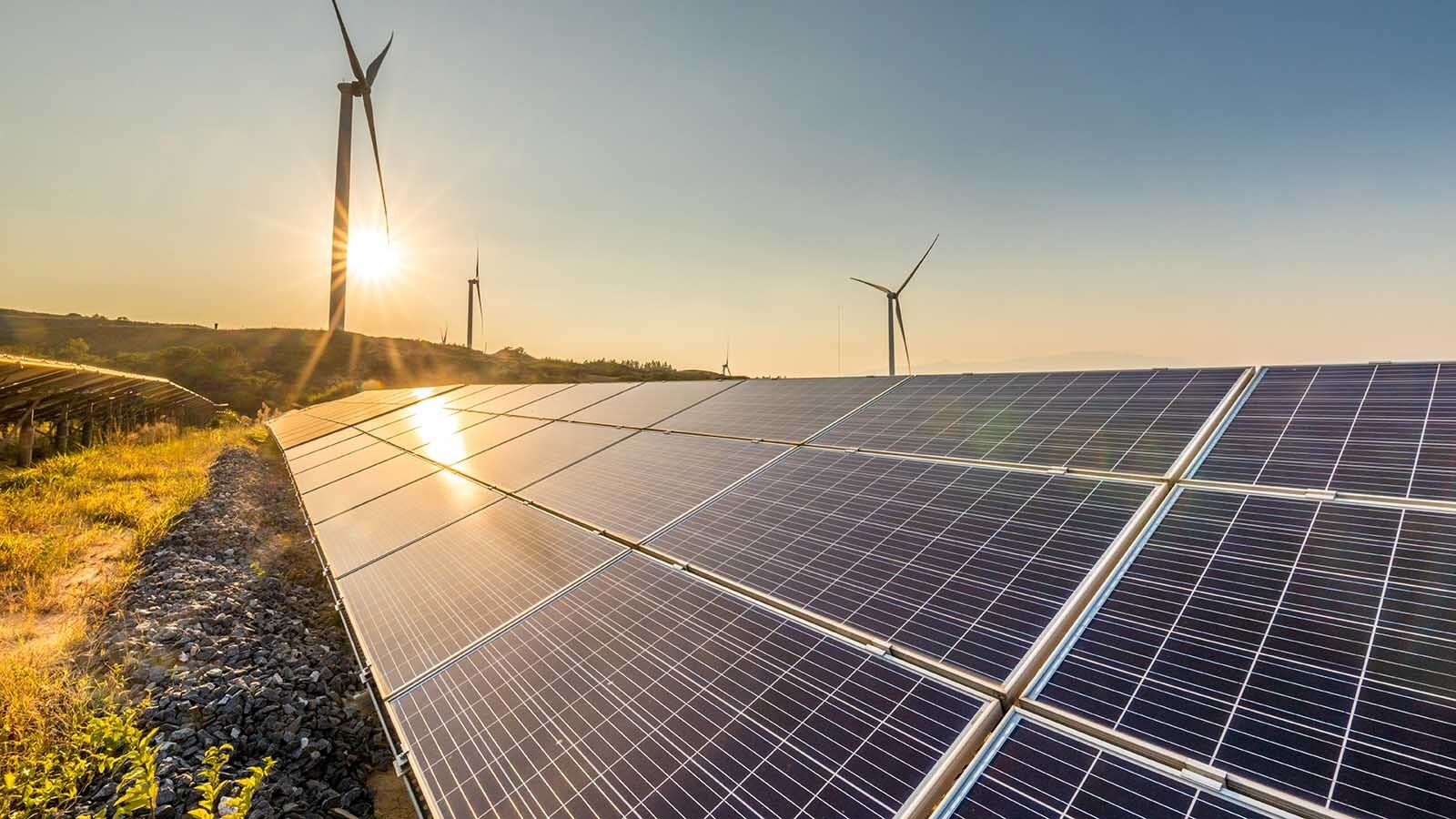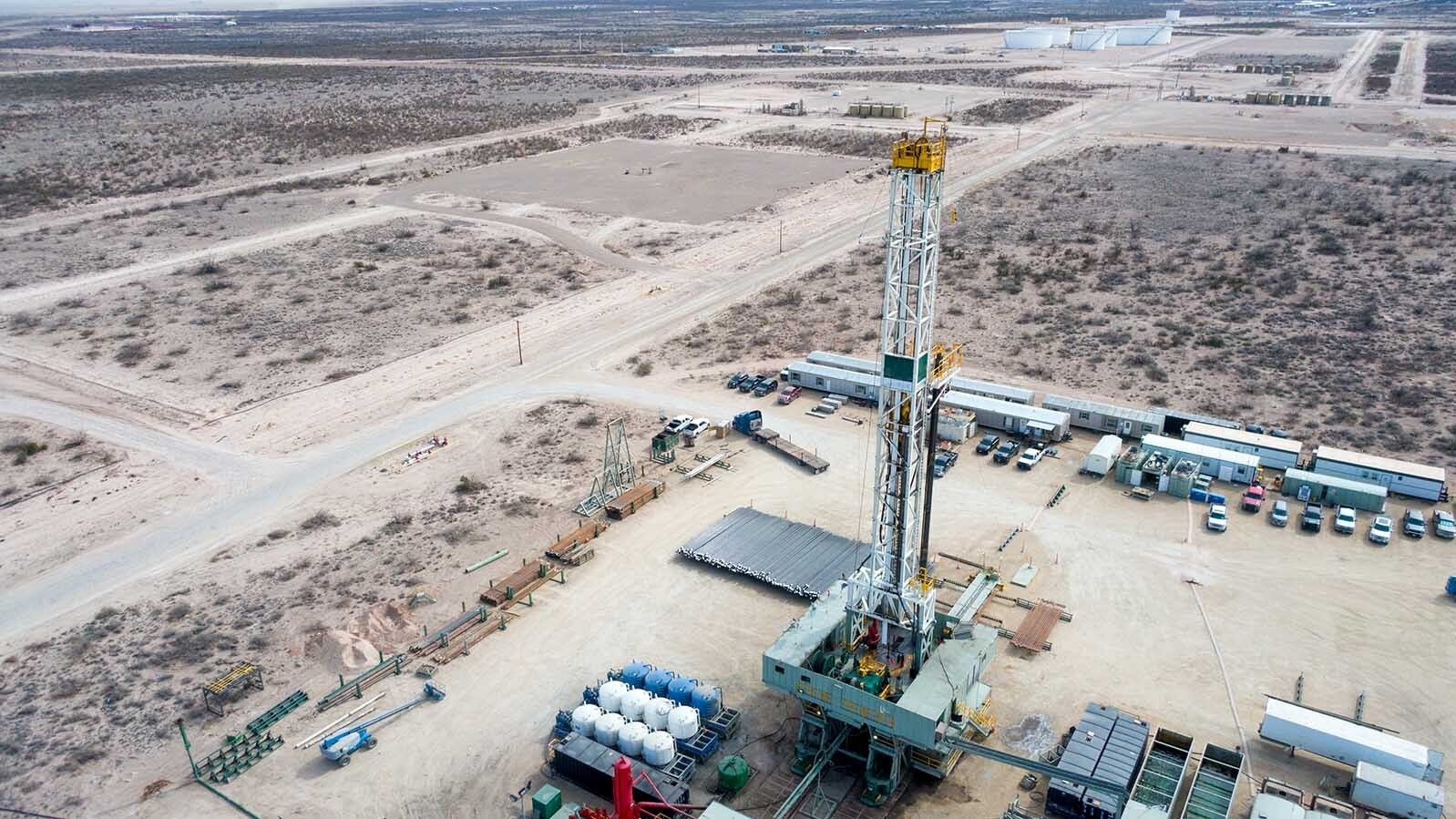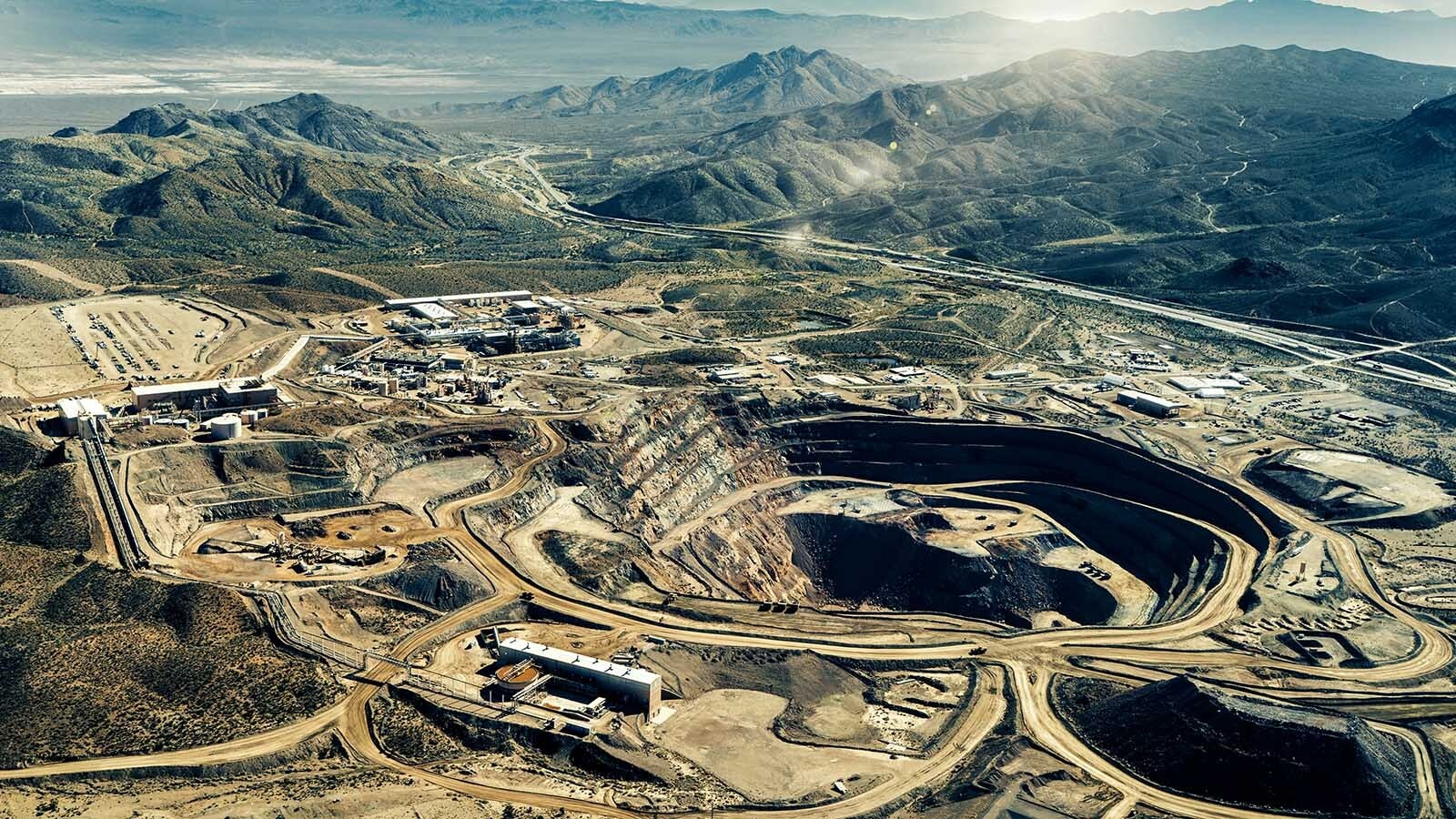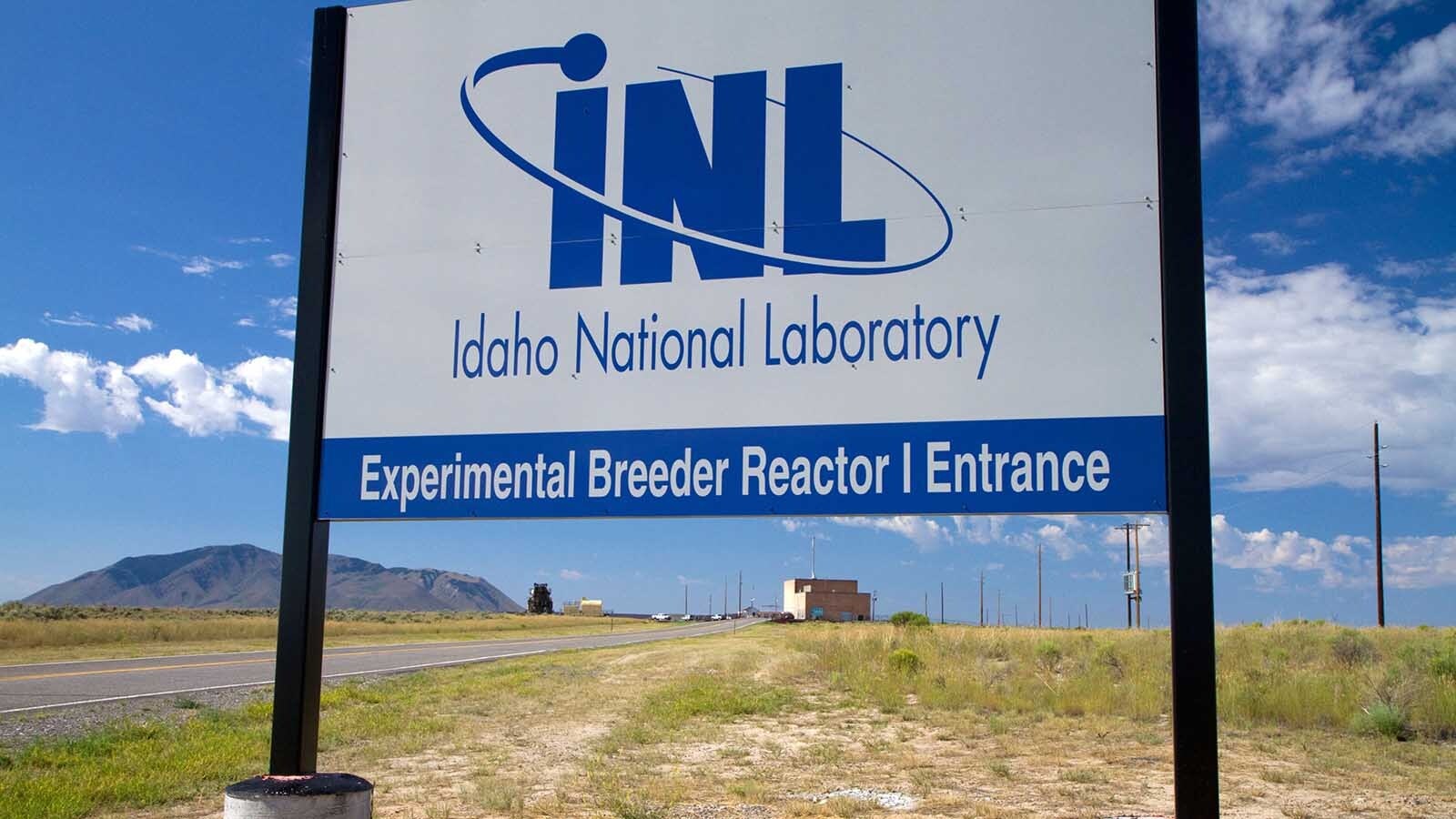President Joe Biden campaigned that he was “going to end oil” and, from his first day in office, went about trying to make good on that promise.
Now two years into his administration with midterm elections not having produced the “red wave” Republicans were hoping for, what can Americans expect with U.S. energy policy in the next two years?
Blaming Oil Companies
Biden’s war on oil and gas development predictably hit Wyomingites, along with the rest of the country, with high gasoline prices. Diesel supplies are low, refining capacity remains limited and Biden has issued the fewest oil and gas leases on federal land of any president since World War II.
With gas prices rising to record levels, Biden blamed the war in Ukraine and the greed of oil companies.
Keeping true to his commitment to destroy the oil industry, Biden refused to budge on actions that would facilitate oil and gas production. Instead, he tried to increase the supply of oil by draining the Strategic Petroleum Reserve to its lowest level since the 1980s.
When oil companies reported record-high earnings in the third quarter, Biden threatened them with a windfall tax.
Biden also “went to Saudi Arabia, hat in hand, begging for them to produce more oil and sell it to us,” said U.S. Sen. John Barrasso, R-Wyoming, and ranking member of the Senate Committee on Energy and Natural Resources. “We do it a lot better in Wyoming than they do in Saudi Arabia.
“We’re much better stewards of the land. We’re much better for better protectors of the environment. That doesn’t seem to matter to President Biden.”
Dem Energy Policies ‘Hurting The American People’
Barrasso told Cowboy State Daily that he doesn’t believe people are buying the Biden administration’s rhetoric.
“The American people understand fundamentally that this administration is at war with fossil fuels. And that’s why prices have gone up,” Barrasso said.
America is producing 1 million barrels per day less oil than it did prior to the beginning of the COVID-19 pandemic, and as businesses try to move forward after a dismal 2020, demand has gone up. Turning this situation around and bringing down energy costs is going to require bipartisan cooperation, Barrasso said.
“The Democrats are going to have to come to the table and realize that their policies have been hurting the American people,” he said.
The problem will be climate activists who will pressure Democrats to hold strong against any policies that might make oil and gas production easier, Barrasso said.
“They seem to not care about the high prices. They think that it will drive people to electric vehicles,” he said. “The world doesn’t work that way.”
House Energy Champions
Harriet Hageman will replace U.S. Rep. Liz Cheney, R-Wyoming, so Wyoming’s sole representative seat will continue to be held by a champion of the oil and gas industry.
Former Interior Secretary Ryan Zinke, another Republican, will return to Congress after winning Montana’s newly-created second House seat.
As with Wyoming, a large chunk of Montana’s land is in federal hands.
When serving as secretary of the Interior, Zinke was a supporter of former President Donald Trump’s “energy dominance” agenda, which sought to encourage domestic production of fossil fuels as a means to secure America’s place in the world as an energy leader. This included promoting oil drilling and coal mining with expanded federal leasing, reduced royalty rates, and relaxing of land protections.
During his campaign for the House, Zinke signaled that if elected, he’d continue to push for domestic oil production and American energy leadership.
Zinke campaign manager Heather Swift told E&E News he wants to get on the House Appropriations Committee, but Rep. Matt Rosendale, R-Montana, already holds a position on the committee.
E&E News reported that the House Agriculture Committee, which is responsible for forestry issues that Zinke discussed in his campaign, is one alternative to Appropriations.
Permitting Reform
Senate Energy and Natural Resources Chair Joe Manchin, D-West Virginia, had hoped to push through permitting reform legislation in exchange for his support for the Inflation Reduction Act (IRA).
The effort fizzled in the face of a coalition of progressive Democrats, as well as Republicans displeased with Manchin’s support of the IRA.
The legislation, which was to be tacked onto the federal funding vehicle known as the continuing resolution, failed to pass.
The IRA provides extensive support for renewable energy projects in the form of tax credits. Being intermittent energy sources, wind and solar have to transport energy from where it’s being produced, which could happen anywhere at any time, to where it’s being consumed. That requires a massive network of transmission lines to be constructed.
Likewise, the manufacturing of transmission lines, solar panels and wind turbines will require an unprecedented increase in mining. Transmission and mining projects often require a decade-long permitting process, which has created shared interest in permitting reform in the wind and solar industry.
White House Press Secretary Karine Jean-Pierre said Biden wants to see permitting reform included in a defense authorization bill.
House Natural Resources Chair Raúl Grijalva, D-Arizona, who was instrumental in the charge against Manchin’s previous permitting overhaul effort, has said he’ll lead environmental advocates in a fight to block the legislation.
Some environmental groups have argued that permitting reform cuts the public out of the process of approving wind and solar projects, even if it will impede, and sometimes kill, solar and wind projects they champion as the alternative to oil and gas.
Need More Energy
Grijalva also could be an opponent of any major legislation Zinke might pursue. In 2018, Grijalva accused Zinke of misusing the secretary of the Interior office, and Zinke accused Grijalva of being a hostile drunk.
Grijalva told E&E News that he has no intention of smoothing over their adversarial relationship.
Barrasso said he’ll support permitting overhaul legislation.
“We need not only more energy transmission, we need more energy to transmit because that’s the way you’re going to lower the cost of energy for American families,” Barrasso said.
He said it’s also important for oil and gas drilling permits and pipeline construction. America has plenty of energy, but to make energy affordable, it has to be produced and then move to where it’s consumed.
“My fight is going to be to continue to get affordable energy to American people. And to do that, we need it all. We need the oil, the gas, the coal,” Barrasso said. “We need uranium for nuclear power. We need the wind and solar, because it’s all part of what we can use. But the bottom line is you can’t do this.”
Nuclear and Carbon Capture
That “all-of-the-above” energy policy Barrasso said he favors would include support for the TerraPower advanced nuclear power project in Kemmerer at a retiring coal plant. The idea is to replace retired coal plants with these new reactors, which will supply reliable, affordable energy without carbon dioxide emissions.
“Now they’re [TerraPower] talking about up to four reactors. That will be good for jobs, good for our economy and good for our energy,” Barrasso said.
With support from research work at the University of Wyoming School of Energy Resources, Barrasso said carbon capture will be part of the energy picture for Wyoming and the nation.
Capturing CO2 at the source or sucking it out of the atmosphere adds a cost to coal- and natural gas-fired electrical generation.
Barrasso said using the captured CO2 in enhanced oil recovery will not only get more oil from wells, but keep the CO2 underground. This, in turn, will help pay for the cost of capturing it.
“The cost of capturing carbon is getting much less expensive with advances in technology and research,” he said. “And … the research being done in Wyoming is world class research.”





